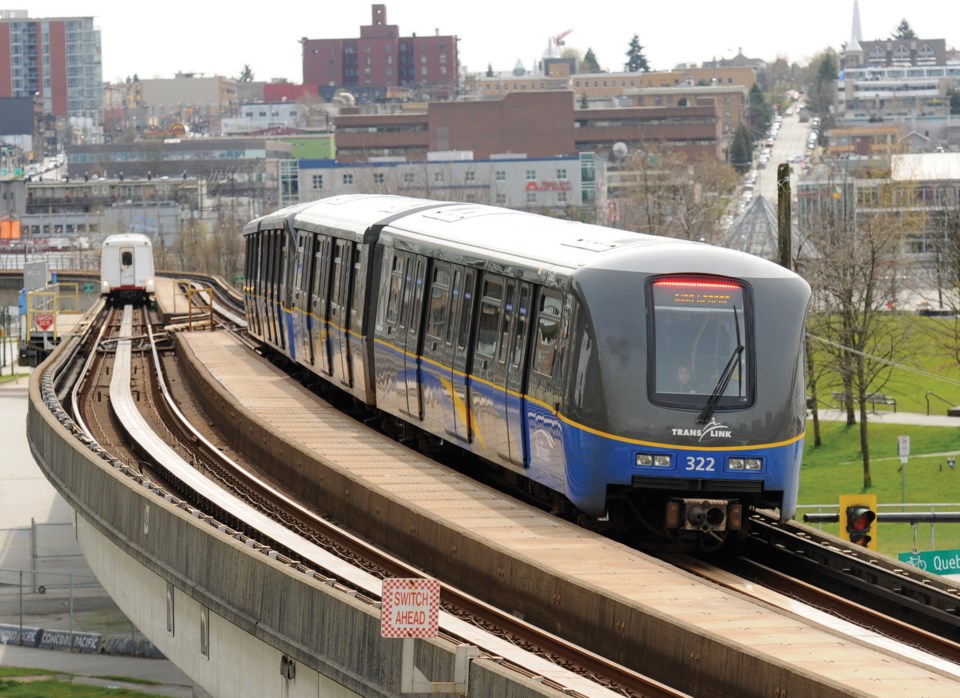We all know that “location, location, location” is key when it comes to homebuying priorities – but what makes a really good location?
Mustel Group and Sotheby’s International Realty Canada’s Modern Family Home Ownership Trends Report: Neighbourhoods “In Transit” polled young “modern family” homeowners in Canada’s four biggest cities to find what their top priorities were when it came to the location of their home.
The survey found that, in Metro Vancouver, transit-friendliness is cited as a top-three location priority for 30 per cent of young-family homeowners. Across Canada, that figure drops slightly to 28 per cent.
In comparison, the car-friendliness of a neighbourhood, such as access to major arterial roads and plentiful parking, was one of the top three location priorities for just 13 per cent of Metro Â鶹´«Ă˝Ół»families, and 17 per cent across all Canadian survey respondents.
Brad Henderson, president and CEO of Sotheby’s International Realty Canada, said, “Transportation and housing have always been inextricably linked. Investments into any transportation infrastructure, whether rapid transit, bus lines, roads, or bike lanes, not only have a direct impact on a community’s quality of life, but often, real estate values. The importance that many of today’s young families are placing on neighbourhood public transit access when home buying reflects changing attitudes and values, the strains of cost of living, as well as improvements to transit infrastructure made to date. These priorities also point to what this influential group of buyers will deem prime real estate locations in the future.”
Safety first
However, transit was not the number-one priority when it came to home location, in any of the cities polled – in fact, it was the fourth most important factor. The highest location priority was deemed to be a safe, low-crime neighbourhood – cited as a top-three factor by 48 per cent of survey respondents.
Other factors that made a home’s location desirable for young Canadian families included: proximity to work (ranked by 38 per cent of families as a top-three location priority); being near family (30 per cent); being close to parks and nature (24 per cent); and living close to an elementary or secondary school (24 per cent).
The survey also found that 57 per cent of young-family homeowners had purchased their home a half-hour-or-less commute to their workplace or school, and that 84 per cent of modern family homeowners were satisfied with the length of their commute.
“Metropolitan areas across Canada have been grappling with balancing the needs of growing populations, and various priorities in transportation,” said Josh O’Neill, general manager of Mustel Group. “This report sheds light on the specific needs and priorities of young urban families when it comes to the neighbourhoods in which they live and buy real estate, with findings that highlight the importance of the issue of transportation for this cohort.” Â



